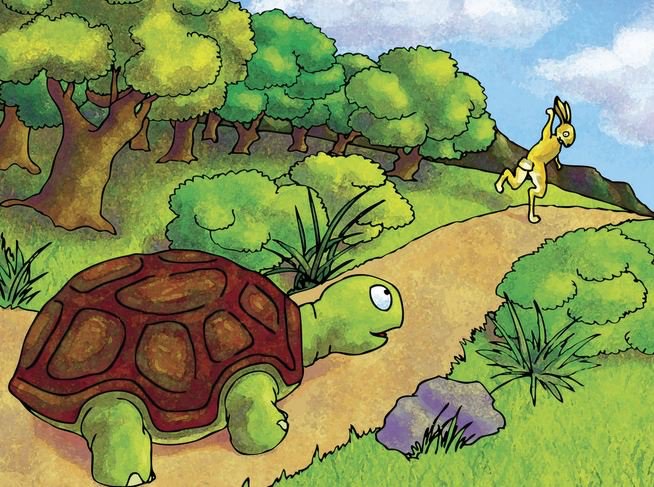Does money make you happier?
A couple of months ago, I came across this BBC Business Daily Podcast. I quite often listen to podcasts but this one really struck me. The guests are trying to answer whether more money makes us happier, more motivated and more productive. The findings are astonishing and totally counter-intuitive.
Economist Carol Graham from Brookings Institution says that income correlates with how people evaluate their lives as a whole. I make more money; thus, I am more successful. However, when we measure daily quality of life, this correlation vanishes. More income does not necessarily mean that you smile more often, you enjoy your friends more, or you are less worried. Very poor people may experience stress as their daily existence can be a struggle. However, once certain basic needs are met (food, home, etc.), the relationship income/wellbeing becomes very weak. Carol says that people who do not have many choices and feel that they cannot substantially change their lives tend to focus more on the daily experience of wellbeing: ‘I have my friends, my family, enough to eat — I am OK!’ She also says: ‘The happiest people care least about money and a lot about learning and creativity. Least happy people care mostly about money, but even if they earn more money, that will not make them happier.’
Psychologist Dan Ariely from Duke University ran an experiment to determine whether money incentives make us more productive. He told three groups that if they did certain tasks well, they would get a bonus of 1-day, 1-week or 5-month wages respectively. It turned out that as the reward increased the performance went down. People of course cared about the money, but the high incentive increased their stress which then damaged their productivity.
Psychologist Dacher Keltner from the University of California in Berkeley finds that poor people are better judges of human emotion. He ran an experiment showing an image of a starving child to people from different social classes. It was shown that lower class people had a stronger ‘vagus nerve’ reaction which is associated with empathy and compassion. He explains that people who live in an environment where everything is scarce around them tend to connect and empathise more with others.
The science has spoken to confirm what you already knew: money will not make you happy.


